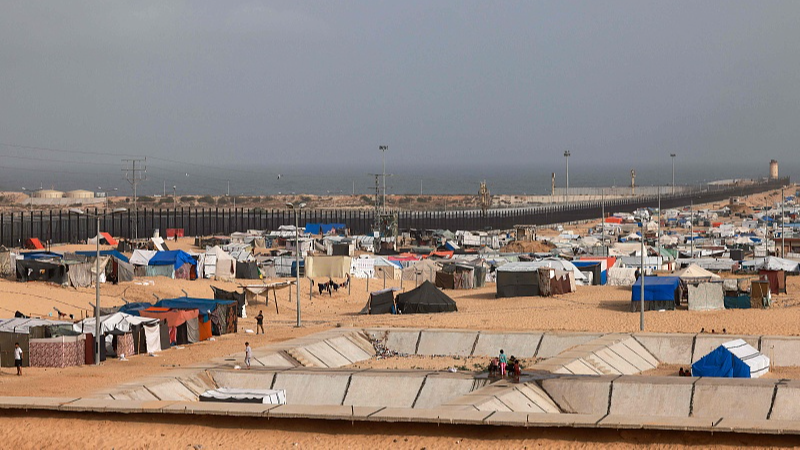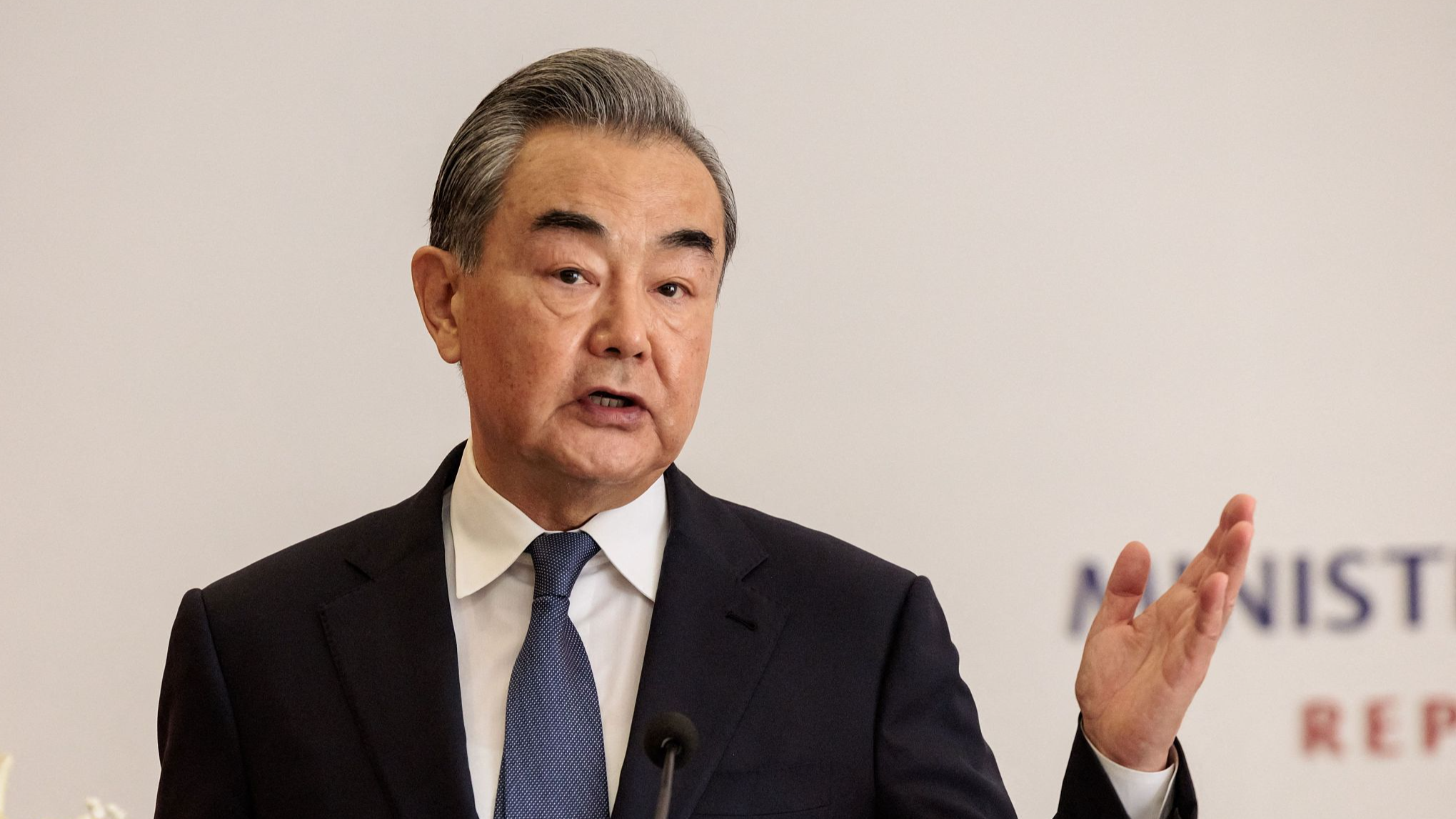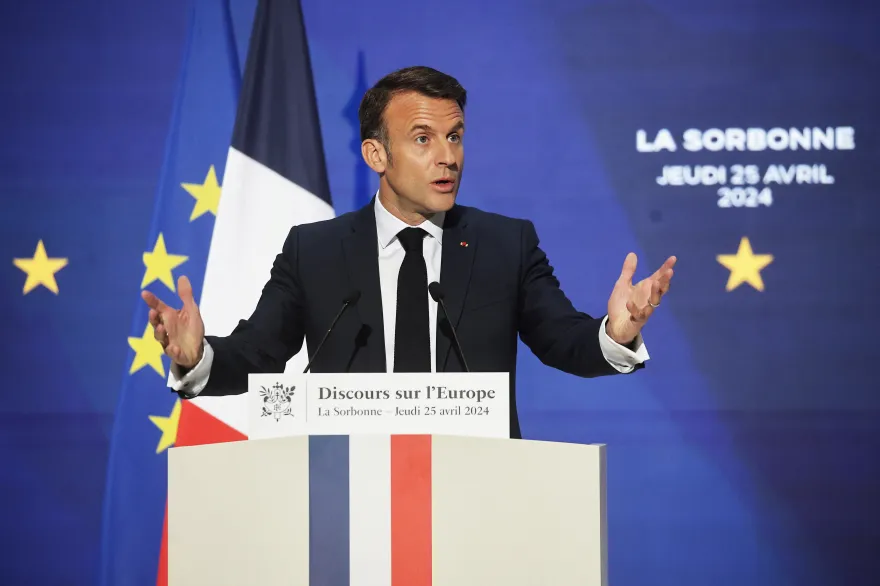A Chinese envoy called on all relevant parties to “exercise maximum restraint and avoid further escalation” as the United Nations Security Council on Sunday held an emergency session on Iran’s retaliatory strike on Israel.
Since the outbreak of the Gaza conflict, the international community not only finds the humanitarian disaster in the enclave unacceptable but also strongly demands an immediate ceasefire, said Dai Bing, the charge d’affaires of China’s permanent mission to the UN.
At the same time, there is deep concern about the exacerbation of regional tension and the complex and serious spillover effects caused by the prolonged conflict, Dai said.
On April 1, Iran’s diplomatic compound in Syria was subjected to an airstrike, resulting in multiple casualties among Iranian personnel and severe damage to the premises. The incident constituted a serious violation of the UN Charter and international law, violating both Syrian and Iranian sovereignty, with extremely negative implications, Dai said.
The escalation of events that took place on Saturday has caused “deep concern” from China, he said, adding that the Chinese government calls on “all parties involved to exercise maximum restraint and calmness, resolve differences and disputes in accordance with the UN Charter and international law, and avoid further escalation.”
The recent escalation of the situation underscores once again that the Palestinian issue lies at the core of the Middle East problem, which is crucial for the peace, stability, and long-term prosperity of the region, Dai noted.
He said allowing the Gaza conflict to continue unchecked will inevitably lead to further negative spill-over effects and exacerbate the instability in the region, and countries and people in the Middle East neither hope for nor can afford larger-scale conflicts and wars.
“Therefore, the immediate priority is to effectively implement UN Security Council Resolution 2728 and achieve an immediate ceasefire in Gaza,” Dai said. “The fundamental solution lies in the comprehensive implementation of the two-state solution to break out of the vicious cycle of the Israeli-Palestinian conflict. China calls on the international community, especially influential countries, to play a constructive role in maintaining regional peace and stability.”
The emergency session was held at the request of Israel, at a time when the Israeli government is mulling whether to launch a counterattack against Iran.
Iran’s strike demonstrated its strategic resolve and exerted military pressure on Israel, but Tehran has publicly announced the cessation of military actions following this round of strikes, Wang Jin, director of the Israel Research Center at the Northwest University of China, told China Media Group.
Considering that Israel has not suffered significant human losses, the likelihood of further escalation between Israel and Iran is “relatively limited,” he said.
In the meantime, the U.S.’ “strong wish” to avoid escalating the situation was demonstrated as it has not conducted large-scale military retaliation against Iran or its regional allies, despite assisting Israel in intercepting missiles and drones, and it has also called on regional countries and the international community in many instances to engage in more mediation and coordination, aiming to prevent further escalation of tensions in the region, Wang said.
The likelihood of future escalation of the conflict is therefore probably relatively low, but it cannot be ruled out that other uncertain factors may contribute to further escalation and spread of the conflict, he added.
Source(s): CGTN

 News5 days ago
News5 days ago
 News4 days ago
News4 days ago
 News5 days ago
News5 days ago
 News7 days ago
News7 days ago
 News5 days ago
News5 days ago
 Sports3 days ago
Sports3 days ago
 Sports7 days ago
Sports7 days ago
 News7 days ago
News7 days ago

















